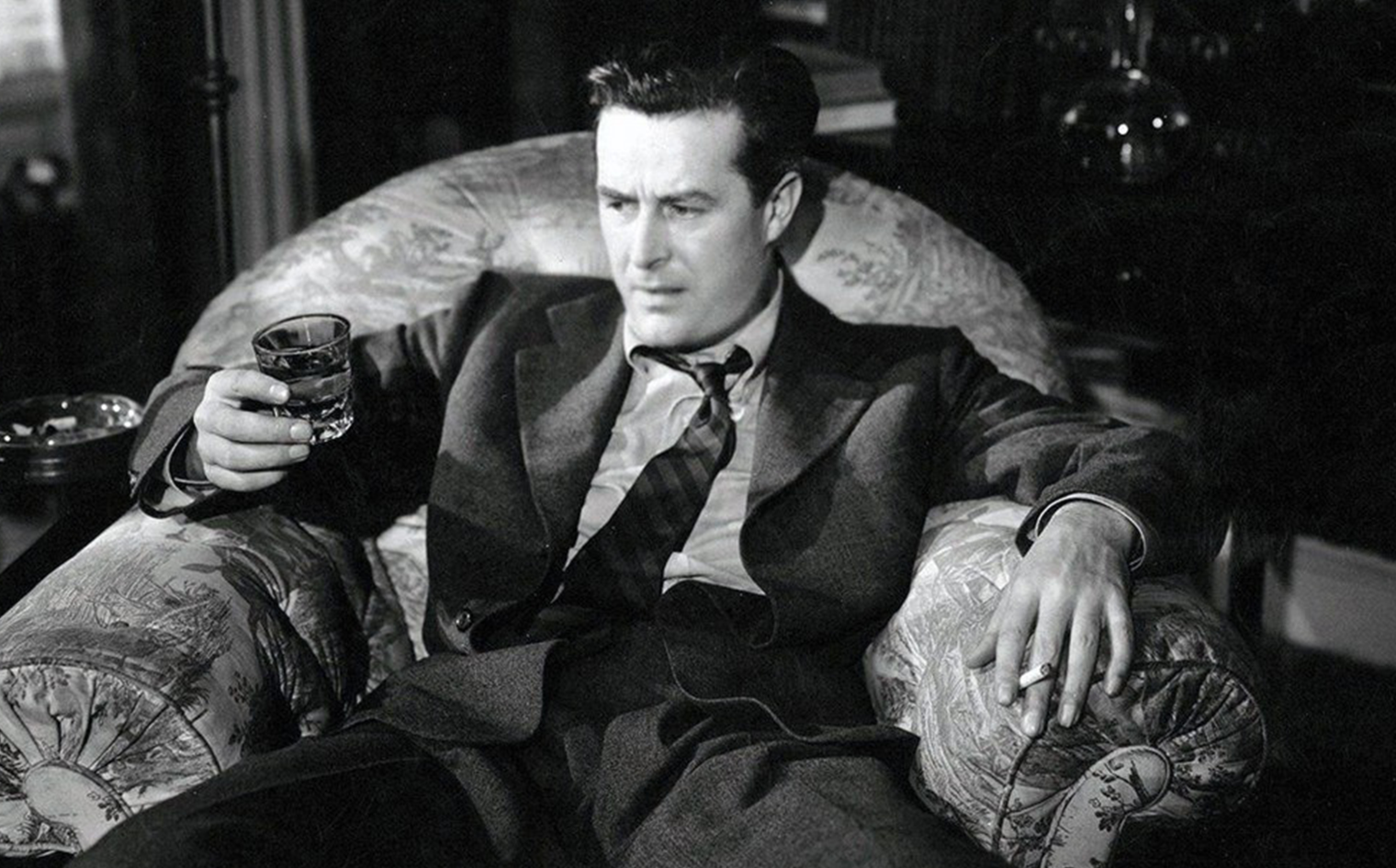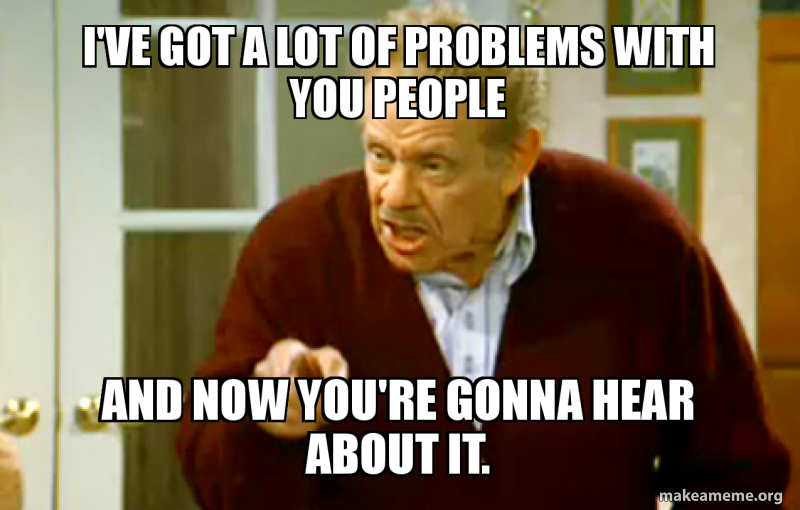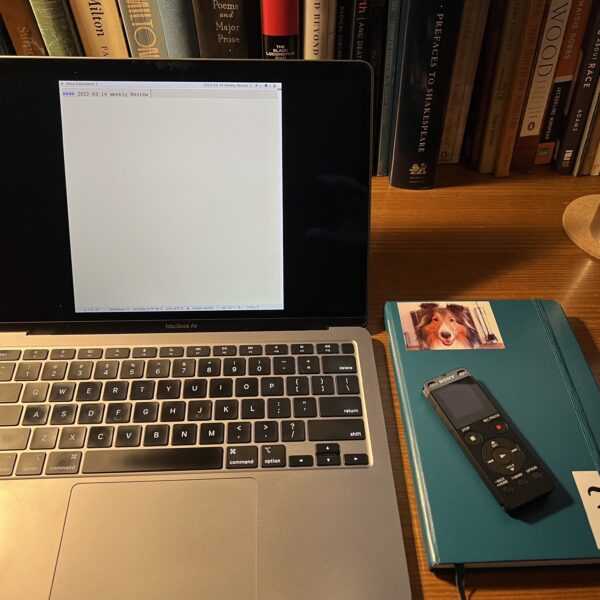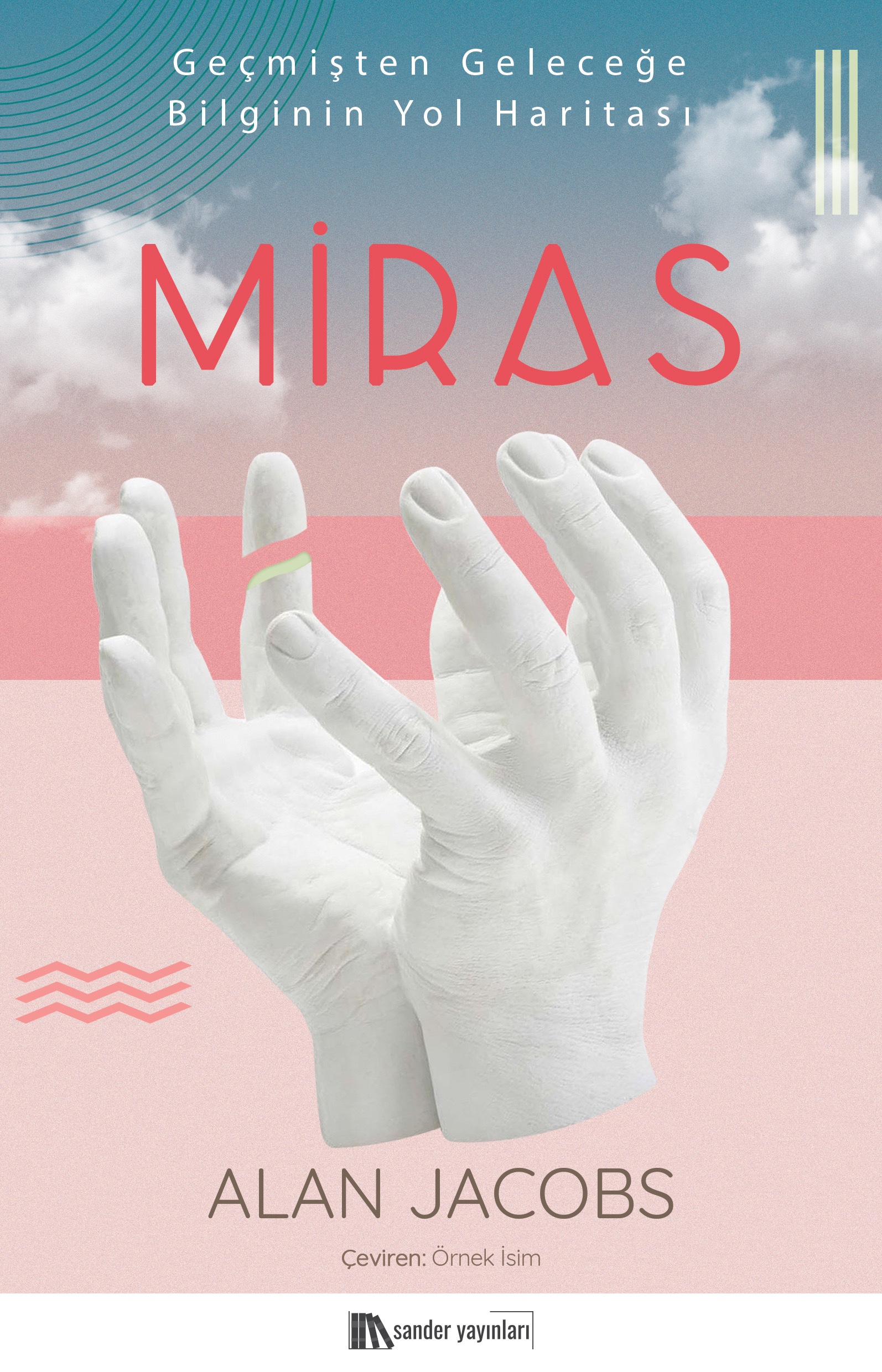Universities love to have productive senior faculty, and when they can they pay such faculty well — but they also don’t really mind when the people near the top of the salary ladder retire. (I say “they,” meaning primarily the people who handle the budgets.)
Here at Baylor there’s been a program in effect for the past few years that gives a gentle nudge to people trying to decide whether it’s time for them to retire. If a person eligible for retirement gives two years’ notice — and does so by signing a binding contract! — then the university
- provides a nice little cash bonus
- promises a decent pay increase for each of the faculty member’s last two years
- exempts the faculty member from service on committees
- allows the faculty member, in his or her final year, to (a) teach half time for the whole year or (b) teach full time for one semester and take the final term as a farewell sabbatical
I never seriously considered this option — thinking of myself as, if not a young whipper-snapper, then at worst a semi-grizzled veteran — until I learned that the year 2024 marked the end of the program. I could take advantage of it then or say goodbye forever to the cash bonus, the sabbatical, and (above all) the exemption from committees. And in any case I’m not that far from retirement….
So I signed up.
My most recent paycheck contained the lagniappe. Then, just this week, I got an email from Baylor’s Committee on Committes asking me to fill out a form identifying the committees I am serving on, the ones I would be willing to serve on, etc. I clicked the link and the first page gave me a series of options by which I could identify my status. One of them was “I have signed a retirement contract.” I clicked that one and the next screen of the questionnaire bade me a courteous farewell. At that moment I knew I had made the right decision.
When I retire, in December 2026 (though I will be paid through May 2027), I will have been teaching for forty-four years — and I love teaching as much as I ever have. My students are a joy to me, they really are. With a few exceptions, of course, let’s be honest — but few, very few.
But the increasing bureaucratization of the university is the opposite of a joy — it is a misery. The endless and often incomprehensible online forms (many of them obviously designed by trainee or incompetent programmers); the annual online “learnings” (shudder) about Title IX, racism and sexism, travel policies, etc. etc.; the Finance Officers and Accommodation Offices; the annual enrollments in ever-changing health insurance policies … all this has worn me down, and the genuine joy I experience in teaching is being overwhelmed by these characteristic demons of late modernity. I’m ready to quit.
Or was at the time I made the decision; the prospect of Elon and his merry pranksters blowing up Medicare was not yet on anyone’s bingo card when I had to make the call. If it had been, I very likely would have chickened out. The deed is done, so all I can say is what I often say: Fare forward, voyagers.
And — this is something I think about a lot — maybe my retirement will mean one more job for a highly-qualified humanist in a terrible job market. Of course, I might not be replaced at all … or I’ll be replaced by a scientist or an engineer or a marketing consultant … but there’s at least a chance that I’ll be replaced by someone who loves literature and ideas. Someone better qualified than I was when I entered the workforce all those years ago, but a kindred spirit who might not otherwise find a tenure-track position. One can but hope.
But after all these decades of teaching, how will I cope without the foundational temporal structure of my life for the past sixty years: the annual round of the blessed School Year? Honestly, I don’t know. I’m hoping that I will finally be fully governed by the rhythms of the church year. At the moment all I’m really thinking about is the books and essays I may now finally have time to write — perhaps that time will compensate for the loss of structure — and the loss of regular human connection, especially with young people who have not yet become jaded.
I have always thought that one of the greatest moments in all of literature, in all of human art, comes at that point in The Tempest when Miranda — who all her life has known only her father, Caliban, and Ariel — sees the party of the Milanese court approaching and cries, “O brave new world, that hath such people in it!” To which Prospero: “‘Tis new to thee.” What makes the moment so absolutely brilliant is that both of them are right. We really need both ways of viewing the human creature. But what will I, a ragged and grumpy old Prospero, deprived of staff and book, do without my Mirandas?




















 We’re spending much of the day harvesting snow so we’ll be able to flush our toilets when the inevitable comes: a period without water. When the thaw arrives, probably sometime tomorrow, frozen pipes will start to burst. As we near 32º I’ll turn off water to our property and hope for the best. The warming will be gradual, which I hope will help.
We’re spending much of the day harvesting snow so we’ll be able to flush our toilets when the inevitable comes: a period without water. When the thaw arrives, probably sometime tomorrow, frozen pipes will start to burst. As we near 32º I’ll turn off water to our property and hope for the best. The warming will be gradual, which I hope will help.

